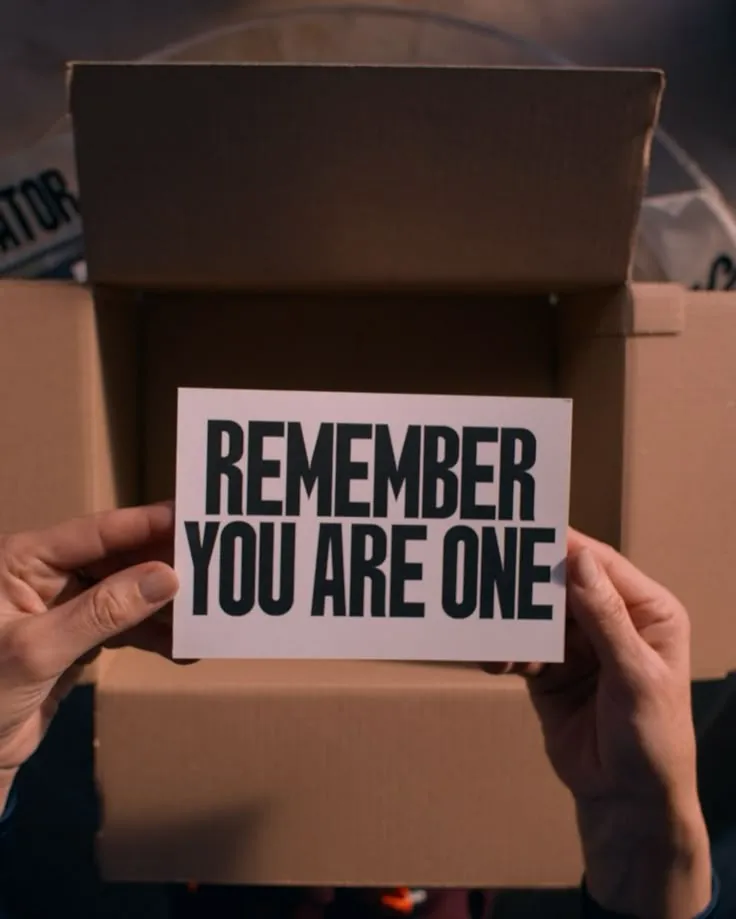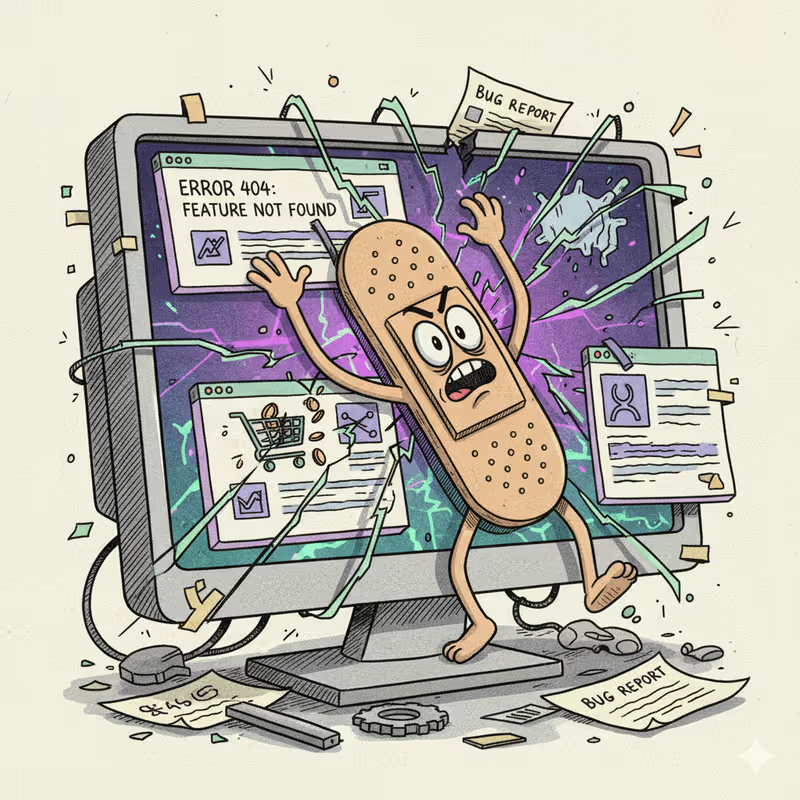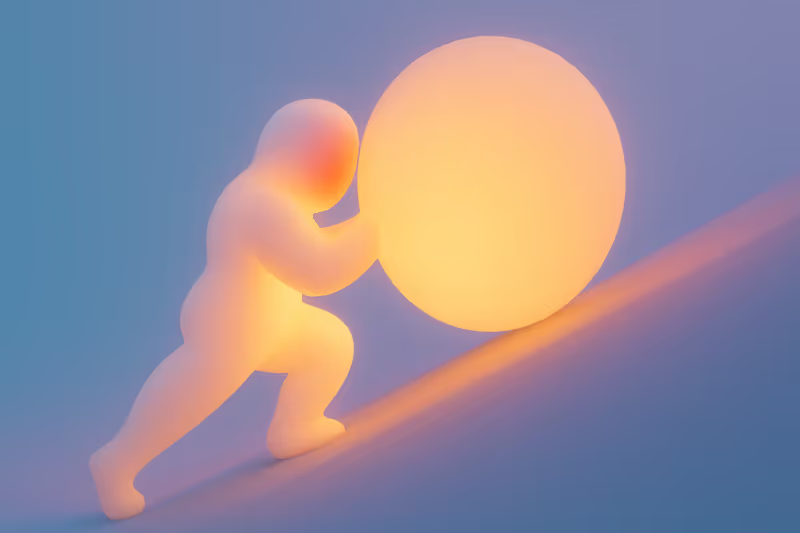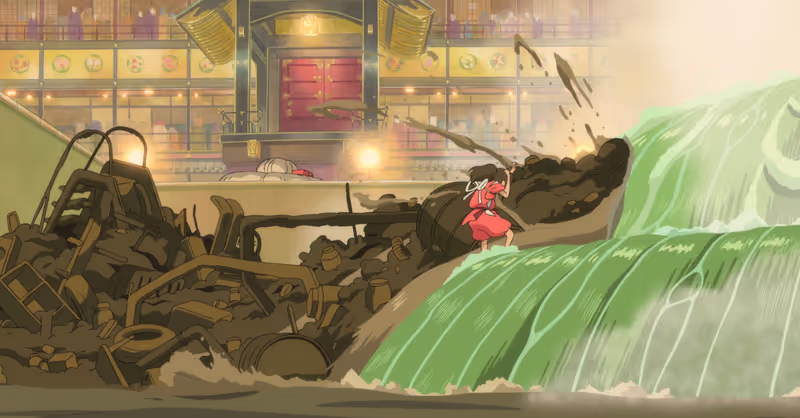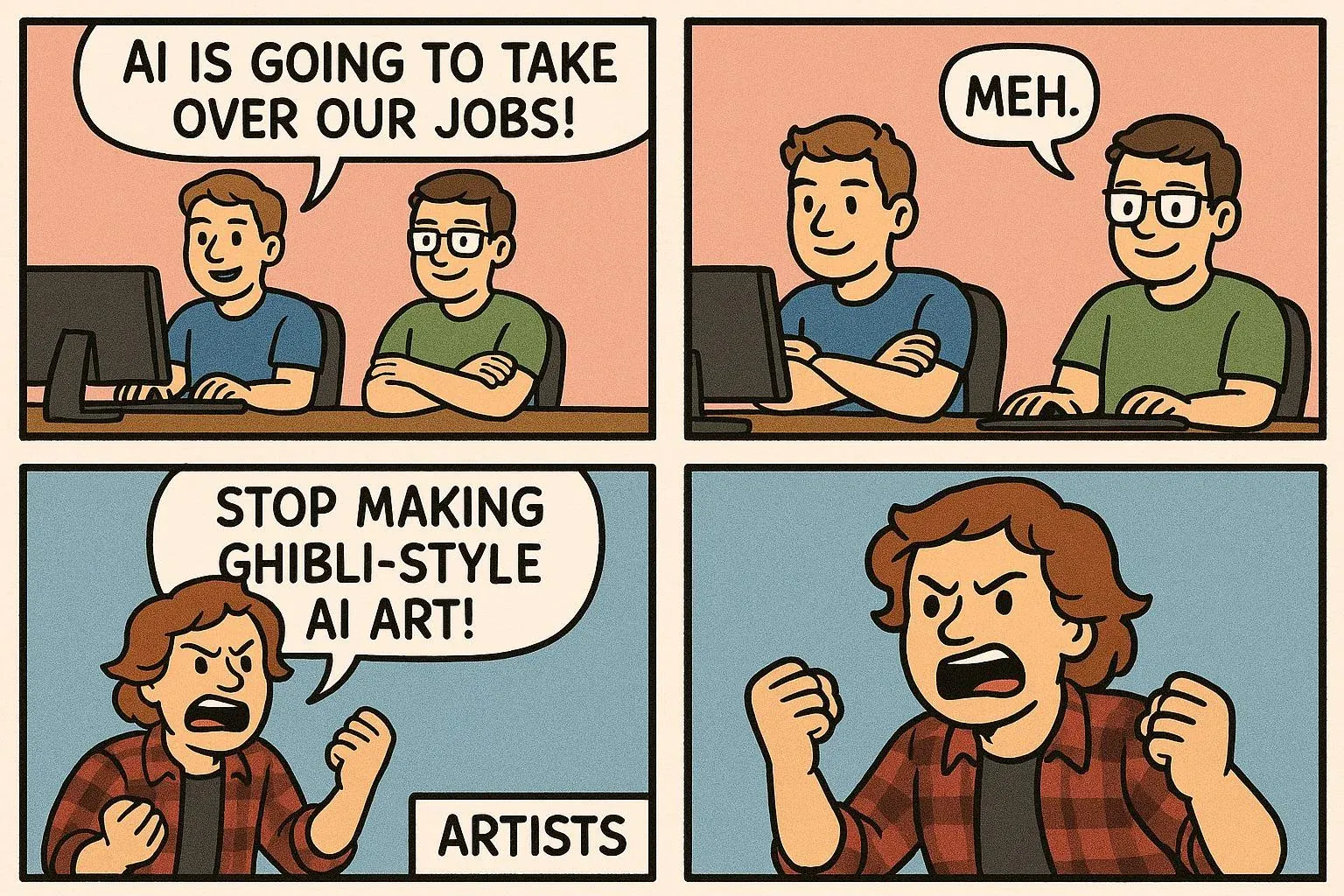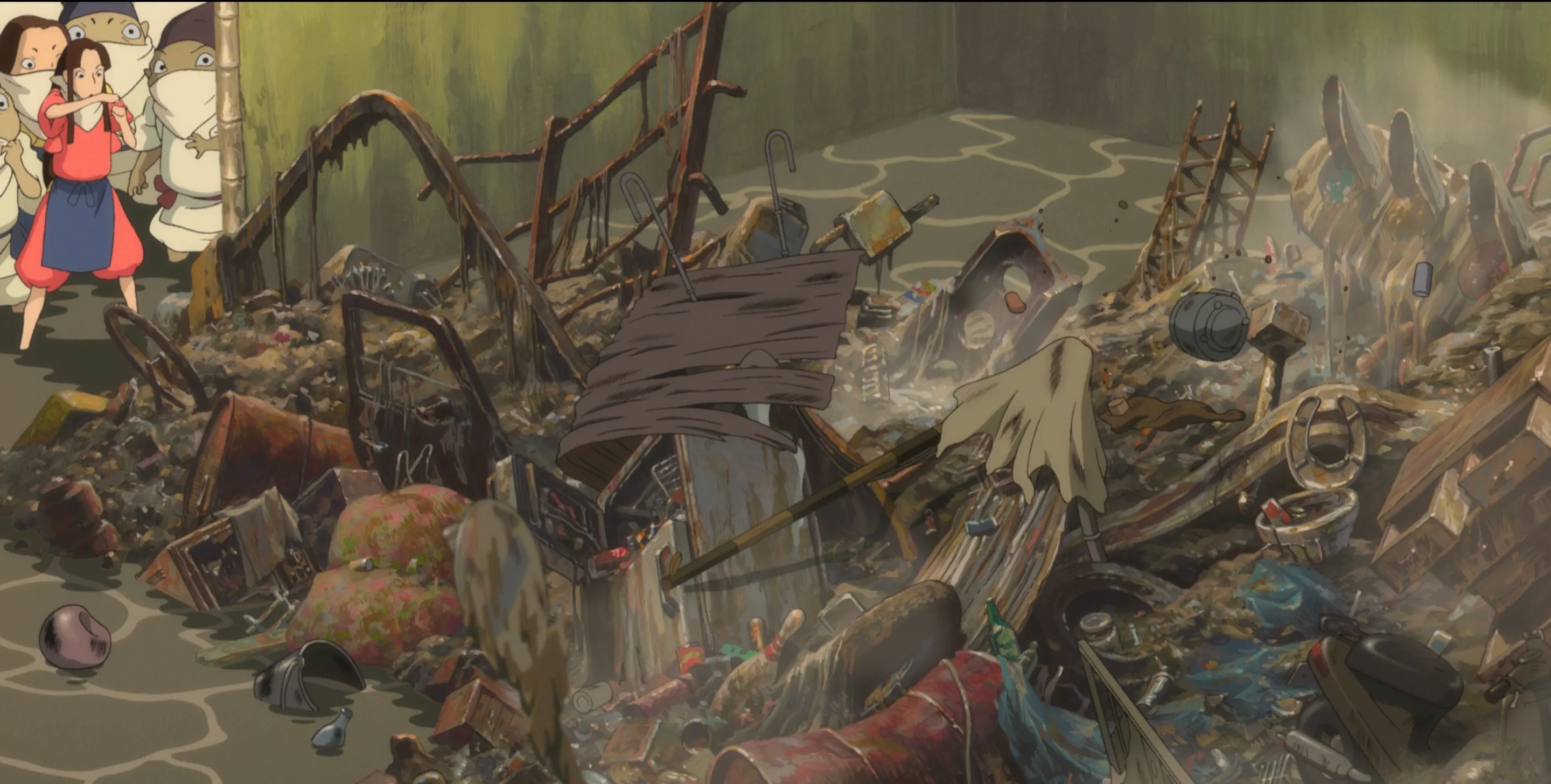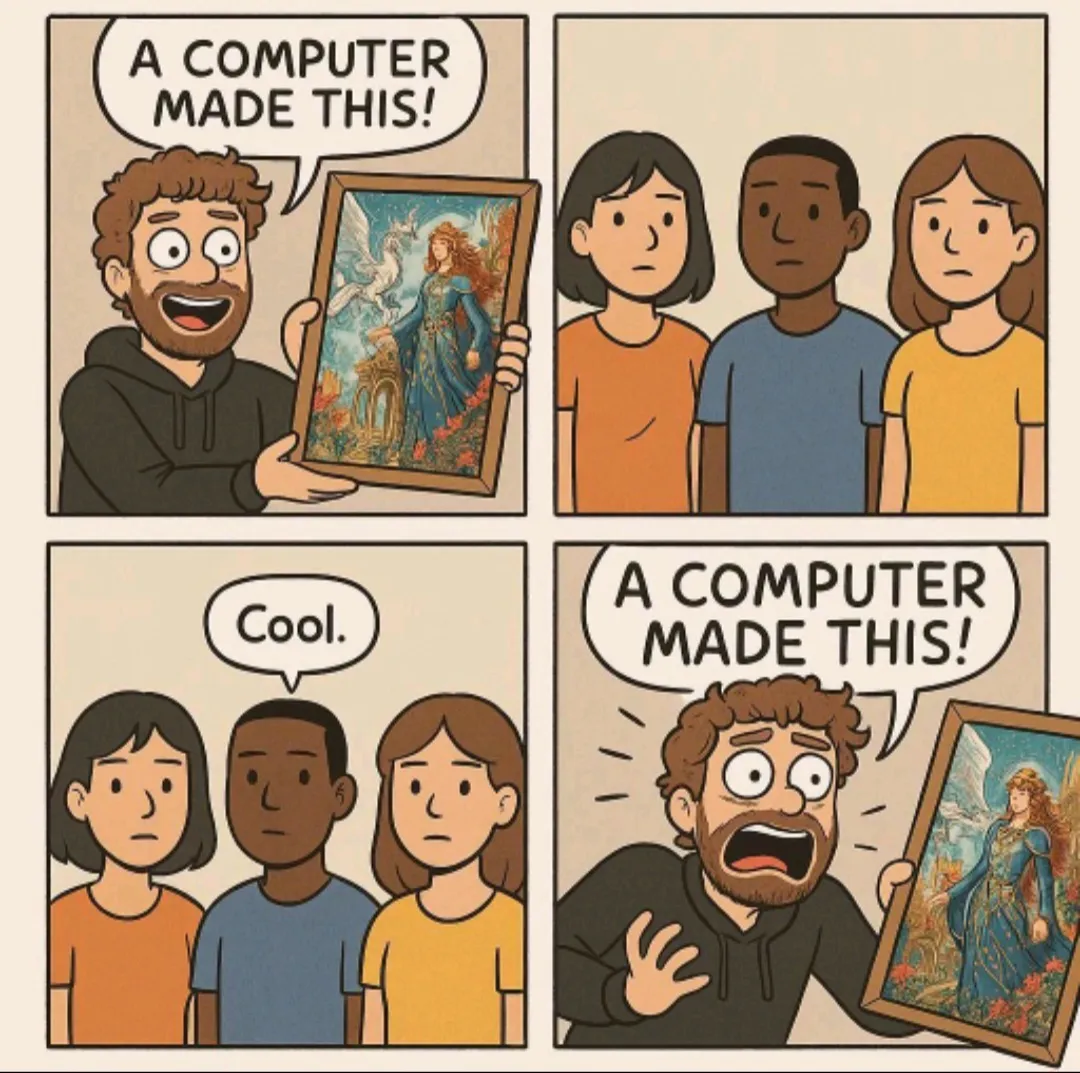I’ve spent years moving in and out of the gym—on the floor, off the floor, starting again, stopping again. But this stretch? This one’s been the longest. Two years now. A quiet rhythm.
Most people keep to themselves, focused on breath and metal. However, every once in a while someone approaches me—kind words, praise, or curiosity in their eyes. They ask if there’s a secret. A magic powder. A meal plan. A forbidden food. Something they can follow. And every time, I hate to disappoint. Because there’s no shortcut. No capsule. No ritual I perform that guarantees results.
Truth is, I was born with the strange blessing (and curse) of a body that rarely gains fat. A blessing, yes—but also a lifelong sentence — a bullseye on my back. The taunts, the labels, the jokes I didn’t ask for—they started early and stayed late. Bullying has a way of slipping into your bloodstream, even when you think you’ve left it behind.
Coping wasn’t easy. Still isn’t. But somewhere along the way, I stopped fighting myself. I stopped resenting the mirror. Acceptance, as tired as the word sounds, became survival. This body—this unchosen gift—is still the only vessel I have. It lets me move, travel, laugh, cry, play. It has carried me through joy and pain, and for that, I owe it reverence, not resentment.
To hate this vessel would be to bite the hand that feeds me. And yes, I’ve fallen for the illusion—chased the idea that I could bulk my way out of my genetics. That maybe with enough effort, enough protein, enough obsession, I could cross some imagined finish line. That idea wasn’t always mine; it was sold to me. By trainers I never sought. By bigger guys lifting louder weights. By influencers selling dreams dressed as advice. All of it, rooted in the soft rot of dysmorphia.
I’m grateful I came of age before Ozem and Tren began to be sold like candies. Before biohacks and shortcuts became the currency of self-worth.
Now? I wake up. I show up. I push a little harder than I did yesterday—not for results, not for size, but for honesty. For me.
And that, I’ve learned, is enough.
It’s always been enough.
